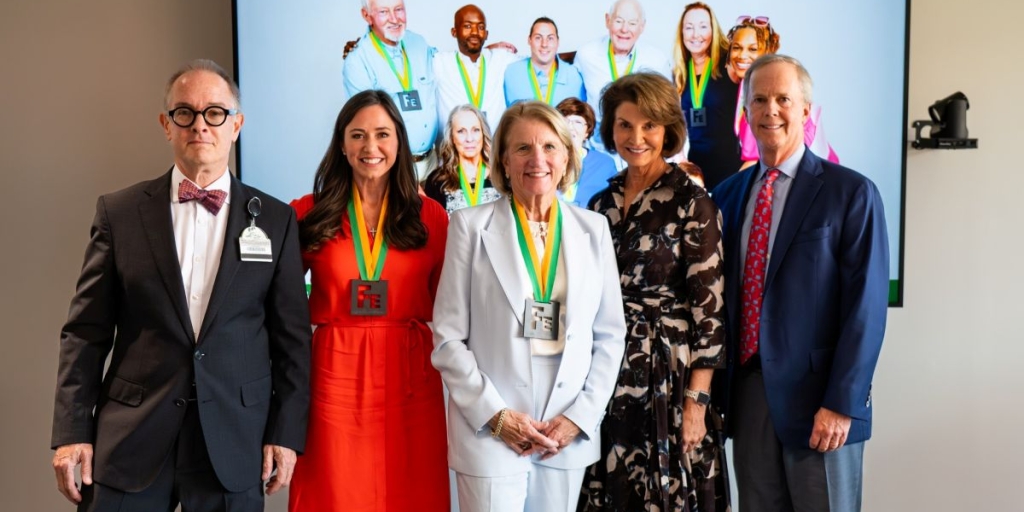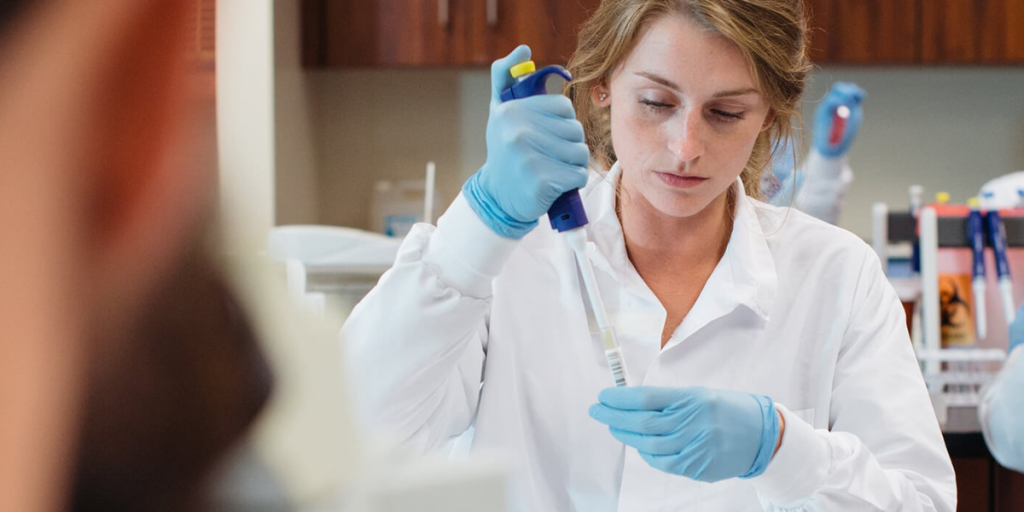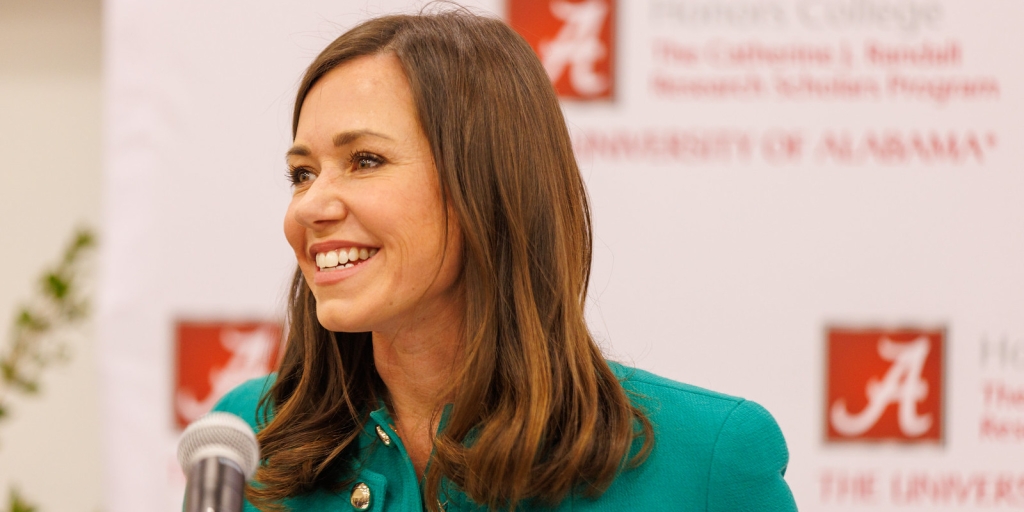It is becoming increasingly clear that the biological rate of aging can be slowed, and Steven Austad, Ph.D., chair of the University of Alabama at Birmingham Department of Biology, believes the geroscience hypothesis holds great promise for dramatic increases in life expectancies – including the eradication of many chronic health problems now and in future generations.
In the paper “Aging as a biological target for prevention and therapy,” Austad and colleagues from The Institute for Aging Research at Albert Einstein College of Medicine stated their view that addressing the aging process itself is key to alleviating many health-related issues associated with aging.
“Treating the underlying aging process, which we actually know a lot about now, would allow us to basically delay the onset or get rid of diseases or disabilities of later life such as cancer, heart disease, vision and hearing problems, and joint pain at the same time with one form of treatment,” said Austad, a distinguished professor in the UAB College of Arts and Sciences. “It is a very different concept of medicine as we now know it.”
While those researching the biology of aging have long held this view, Austad says the subject is coming more and more into focus in light of the continuing aging of the global population, which in the United States and elsewhere is having a profound impact on the cost of health care and pension plans.
“Chronic health problems attendant on the unprecedented aging of the human population in the 21st century threaten to disrupt economies and degrade the quality of later life throughout the developed world,” according to the paper published in the Journal of the American Medical Association.
(Courtesy of Alabama NewsCenter)













